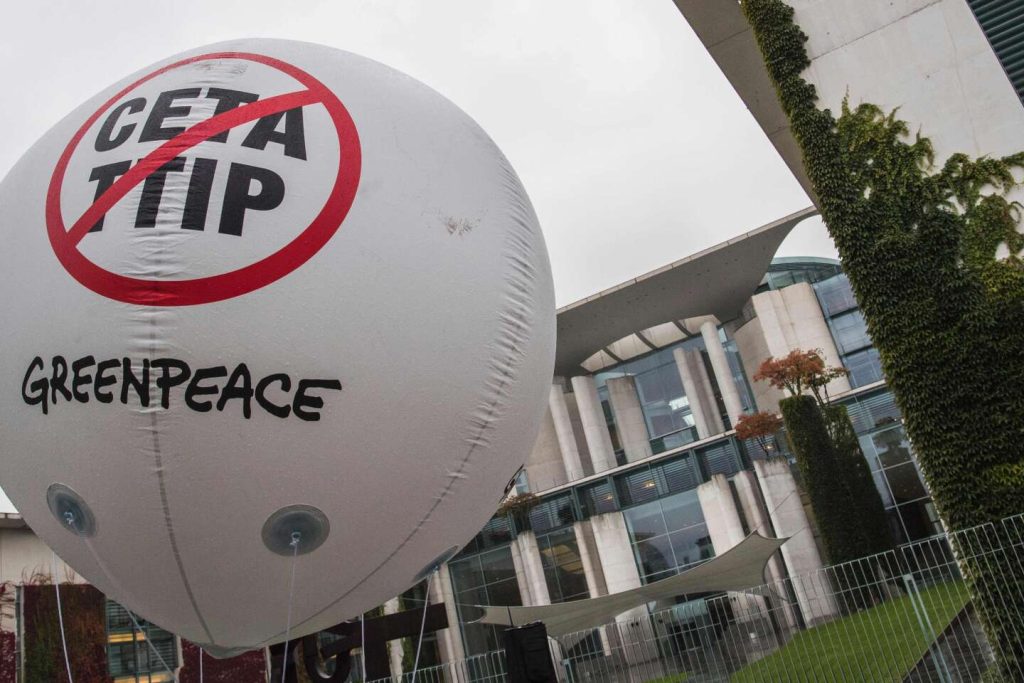An alliance of left and right-wing senators in France rejected the Comprehensive Economic and Trade Agreement (CETA) between the European Union and Canada. The agreement, which was signed in 2014 and approved by European leaders in 2017, has faced significant opposition from civil society and left-wing parties in Europe. While most measures of the agreement have been implemented since 2017, its full enforcement is pending approval from all EU member state parliaments. So far, only seventeen out of twenty-seven parliaments have given their consent, with France being one of the countries whose government has been hesitant to proceed with ratification.
The rejection by the French Senate has now sent the issue back to the National Assembly for a final decision. The government is reluctant to add the agreement to the parliamentary agenda, but communist MPs have indicated they will bring up the issue during their designated parliamentary time in May. If the National Assembly also rejects CETA, the government will have to acknowledge the failure of ratification and notify European institutions of the outcome, potentially leading to the end of the provisional application of the agreement. However, if the majority of MPs approve CETA, France would officially ratify the agreement, leaving it up to the remaining nine European countries to complete the ratification process.
If the agreement successfully navigates through the parliamentary hurdles, it will become fully and permanently enforced, allowing for the activation of the remaining chapters of CETA, including the controversial mechanism for resolving disputes between companies and states. Despite the current uncertainty surrounding the fate of CETA, the outcome of the forthcoming parliamentary votes in France and other EU member states will determine the final status of the agreement. The rejection by the French Senate reflects the ongoing divisions and debates surrounding international trade agreements in Europe, highlighting the need for transparency and public dialogue in such negotiations. Greenpeace’s protest in Berlin against CETA and the Transatlantic Trade and Investment Partnership (TTIP) in 2016 underscores the broader concerns raised by civil society regarding the potential impact of these agreements on various aspects of society and economy.


